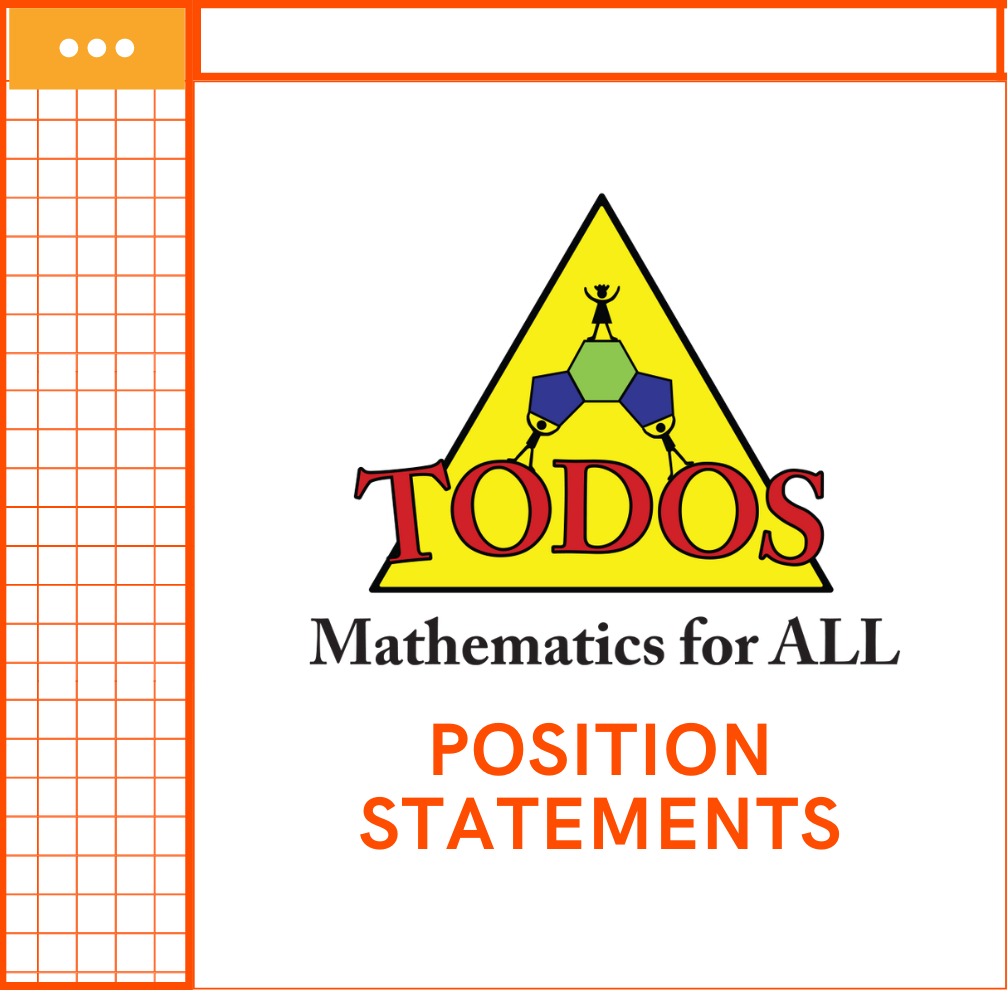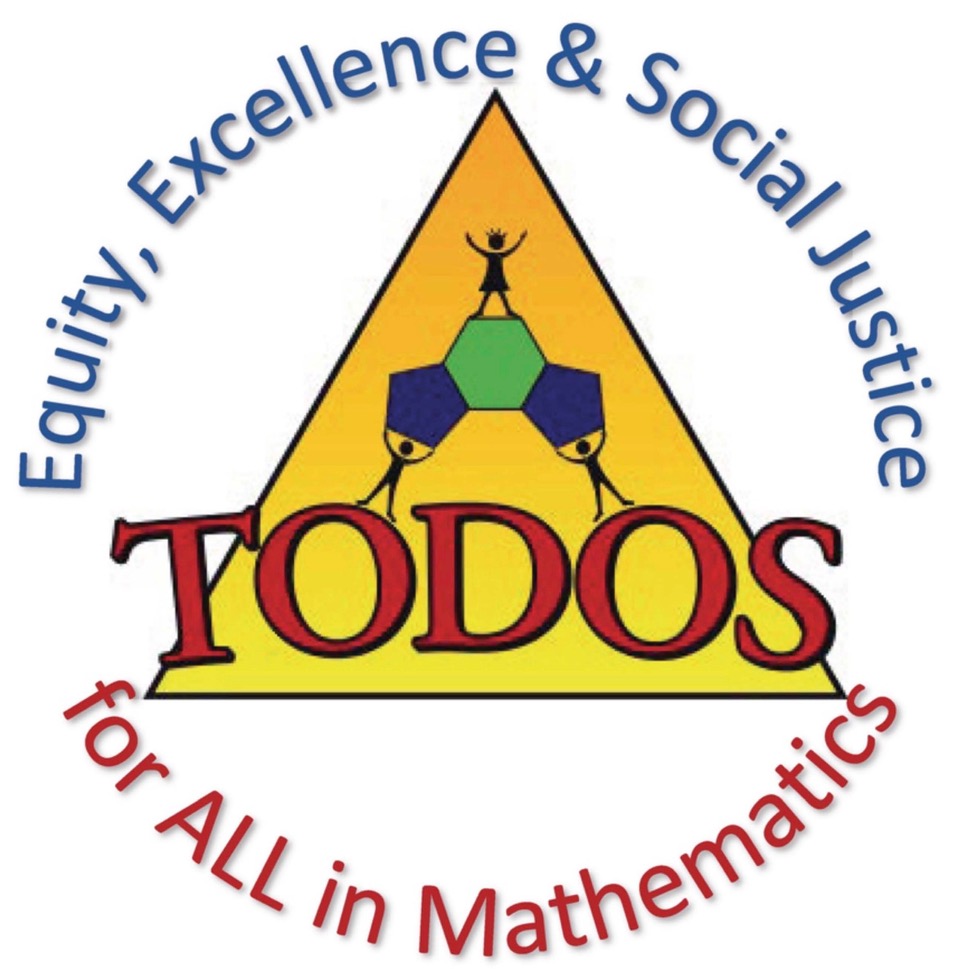|
Rachael H. Kenney and Luciana C. de Oliveira
Abstract: Working fluently within the multiple semiotic systems of the language of mathematics requires developing strong symbol sense and connecting meaning of symbols to meanings in natural language. Challenges can exist for English language learners (ELLs) when connecting natural language and symbolic representations, particularly in the context of a mathematical word problem. This article presents a framework that connects mathematical word problem solving stages to multiple semiotic systems while providing elements of symbol sense that ELLs can develop in order to work with mathematical word problems.
Linda Arnold and Patricia Davis-Wiley
Abstract: We know little about how teacher candidates are prepared to work with English language learners (ELLs) in mathematics classes. This qualitative study, based on interviews with 16 instructors of mathematics methods courses for pre-service teachers, examined instructors’ reported classroom practices regarding helping teacher candidates learn to work with ELLs in mathematics. Findings suggest that ELLs’ needs may not be addressed in mathematics methods classes for varied reasons. This study has implications for mathematics teacher educators, PreK-12 mathematics teachers, and higher education and district level staff members who provide professional development for teachers.
Lawrence M. Lesser
Abstract: Some educators who are not English language learners (ELLs) do not fully appreciate the struggles and resources ELLs have. This paper, expanded from a reflection in the Spring 2013 newsletter of the North American Study Group on Ethnomathematics (NASGEm), shares a journey of cultivating empathy—from personal perspective to professional development.
Ksenija Simic-Muller
Abstract: This article analyzes preservice teachers’ reflections about a visit to a campus event focused on injustice and oppression that they were required to attend as part of an assignment in a mathematics content course for preservice K-8 teachers. Prior to the assignment, the preservice teachers had had limited exposure to social justice-based mathematics contexts and extracting mathematics from the real-world. Their reflections provide valuable information about the types of social justice contexts preservice teachers find relevant, and the mathematical possibilities they see, on their own, in events such as this one.
|


